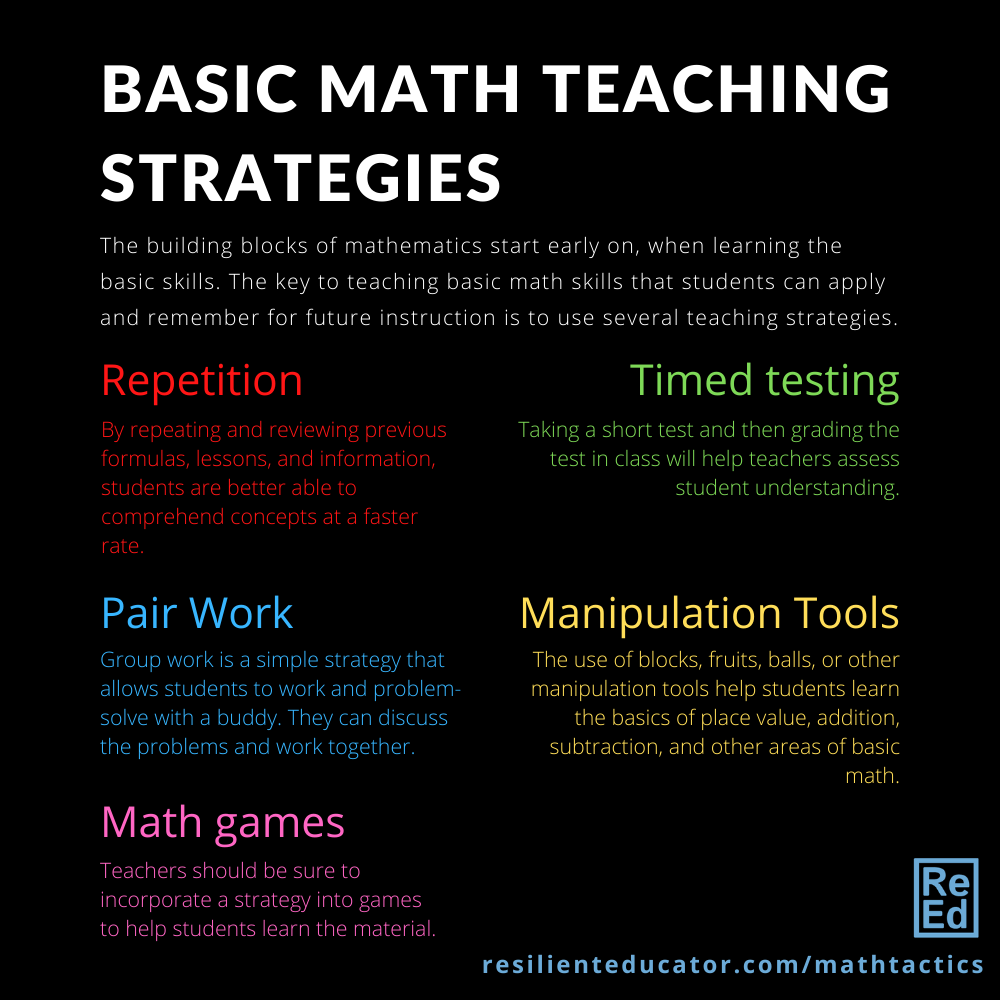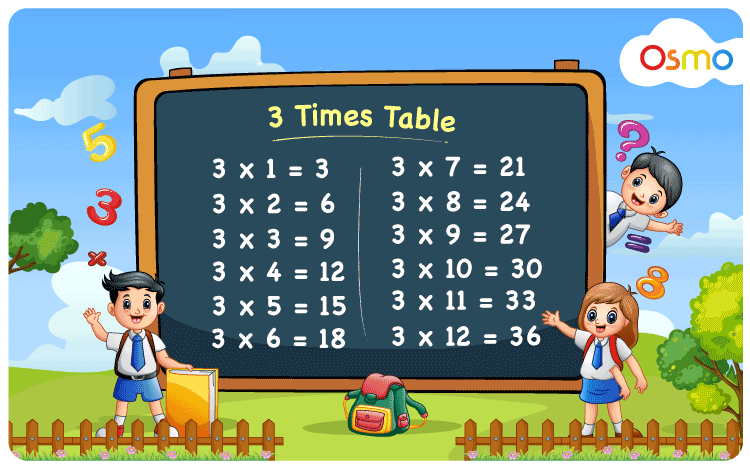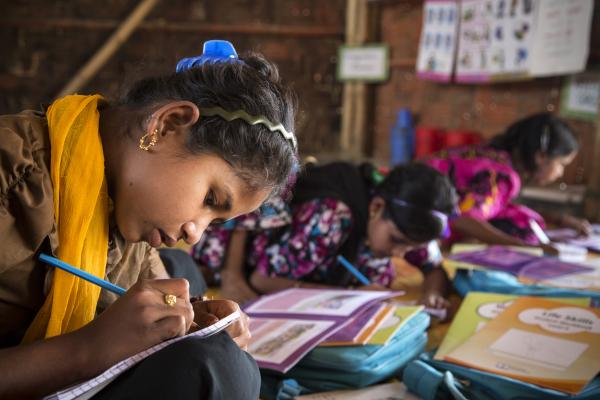
There are many scholarships that can help you pay tuition, whether you're a student or an alumnus. Scholarships can be a great way of paying for school and increasing your chances to get into the field you want.
The state of Illinois offers a variety of scholarships for students pursuing a variety of career paths, including those in health care and education. While many of the most competitive scholarships cover full tuition, it isn't uncommon for them to require a strong GPA and additional financial need criteria.
Some scholarships are made specifically for minority students such as the Golden Apple Scholarship, or the Minority Teachers of Illinois Scholarship. These awards can help aspiring teachers of black, Hispanic or Asian descent overcome financial barriers to furthering their education.

There are also many general grants and scholarships that are offered by the state government that you should check out. These are not as well-known but they can give you some great ideas for your scholarship search.
For instance, the Illinois General Assembly Legislative Scholarship is available to resident students at all of the state-supported universities in the state. Each member of the General Assembly can nominate up to two college-bound students for a scholarship. It can be granted for a period of one, two, or four years.
The Environmental Career Scholarship offers a $500 scholarship to students in Illinois interested in studying science. You must submit an application with transcripts and financial proof.
The Crystal Charitable Fund grants scholarships to Chicago area youth who wish for their education to go beyond the high school level. They can take part in an internship, study abroad program or a college course. The organization accepts applications for 13- to 19-year-olds in need of financial assistance and have a minimum 3.0 GPA.

Illinois Future Teachers Corps Scholarship Program can provide up to $10,000 per school year to students who are interested in a career as teachers. This program is designed to help alleviate shortages of teachers in underserved schools and in particular subject areas like science or math.
In addition to tuition assistance, the scholarship may cover living expenses and travel costs during your time in college. In addition to demonstrating financial need, recipients must agree to teach in a public or private Illinois elementary, middle or high school for a predetermined amount of time.
Numerous national organizations offer scholarships for students interested in Illinois education. A few also offer financial support for nurses and medical training. These programs are often highly selective and will only accept students who live in a certain area, county or city. Some programs have residency requirements. Before you submit an application, be sure to read the regulations.
FAQ
How long does it take to become an early childhood teacher?
It takes four years to complete a bachelor's degree in early childhood education. Two years will be spent taking the general education courses required of most universities.
After you have completed your undergraduate education, you can usually apply to graduate school. This step allows one to specialize in a certain area of study.
You could, for example, choose to study learning disabilities or child psychology. After completing your master's you will need to apply to a teacher training program.
This process will take another few years. This is a time when you will learn real-world skills from experienced educators.
Finally, before you can begin teaching, you need to pass the state exams.
This process is lengthy and you will not be able instantly to enter the workforce.
What does it entail to be a teacher in early education?
Early childhood educators must have specialized training. Most states require teachers to be certified by their state boards before they can work in public schools.
Some states require teachers who teach math or reading to pass tests.
Some states require that teachers complete a specific amount of coursework in early childhood education.
Most states have minimum requirements that teachers must know. However, the requirements may vary between states.
Do you think it is difficult to be a teacher
You must be a teacher. It will require you to dedicate a lot of time to your studies.
While completing your degree, you can expect to work approximately 40 hours per week.
Additionally, you need to find a job which suits your schedule. Many students report having trouble finding part-time jobs that allow them to balance their schedules with schoolwork.
You will likely teach classes once you have been hired as a full time teacher. You may also need to travel between schools each week.
What are the main types of early education?
There are many different ways to describe early childhood education. Some of the most popular ones are:
-
Preschool - Children ages 2 to 5
-
PreKindergarten - Children ages 4 to 6
-
Head Start/Hestart - Children aged 0-3
-
Day Care/ Daycares- Children aged 0-5
-
Child Care Centers - Children ages 0 to 18
-
Family Child Care for Children Ages 0-12
-
Homeschooling for children ages KG-16
What is the difference in school and college?
Schools are usually organized into classes (or grades) with a teacher who teaches a group of students. Colleges are larger organizations that offer more specialized programs and often include university-level courses. Colleges may focus more on business and science while schools will usually only teach basic subjects. Both levels have a curriculum that prepares students for higher education.
What's the difference between a university and a college?
A university can be described as an academic institution that offers higher education. It offers various undergraduate and postgraduate degrees in different fields.
A college is usually smaller and less prestigious than a university. While it might offer fewer courses than a university, it often has its own specialist department.
What is early child education?
Early Childhood Education refers to a field dedicated to helping children become happy, healthy adults. It involves everything from teaching children to read to preparing for kindergarten.
Early childhood education has the goal of helping children learn and grow by offering them age-appropriate experiences.
Early childhood educators often have to assess each child's developmental needs. This helps to decide whether a particular program is best for each child.
Parents can interact with teachers and professionals who have had experience working with young kids through early childhood programs.
The role of parents is equally important in the early childhood education. They must know how to properly care for their children and offer guidance and support when needed.
Parents can also participate in activities designed to teach their children skills they will need throughout their lives.
While preschool education is sometimes called early child education, the term is also used interchangeably to describe daycare centers. Prekindergarten education typically begins around three years, while early childhood education generally starts at three.
Statistics
- In most developed countries, a high proportion of the population (up to 50%) now enters higher education at some time in their lives. (en.wikipedia.org)
- And, within ten years of graduation, 44.1 percent of 1993 humanities graduates had written to public officials, compared to 30.1 percent of STEM majors. (bostonreview.net)
- “Children of homeowners are 116% more likely to graduate from college than children of renters of the same age, race, and income. (habitatbroward.org)
- These institutions can vary according to different contexts.[83] (en.wikipedia.org)
- Data from the Department of Education reveal that, among 2008 college graduates, 92.8 percent of humanities majors have voted at least once since finishing school. (bostonreview.net)
External Links
How To
Where can I find out more about becoming a teacher?
There are many teaching jobs available in public elementary and private schools.
You must complete a bachelor's program at one of these institutions before you can become a teacher:
-
A four year college or university
-
An associate degree program
-
There are some two-year community colleges programs
-
A combination of these three types of programs
To qualify for certification for teaching positions, applicants must meet state requirements. These requirements include passing standardized tests, and completing a probationary phase of work experience.
Most states require that candidates pass the Praxis II exam. This test measures knowledge in reading and writing as well math skills.
Many states also require candidates to obtain a specialized license before being certified to teach.
These licenses can be issued by the state's boards of education.
Some states grant licenses to applicants without any additional testing. To determine if your state has granted licenses without additional testing, you should contact the board in your state.
Some states will not issue licenses to applicants who have not completed a master's program.
Some states permit individuals to apply directly at the state board or education for licensure.
Licenses vary widely in terms of cost, duration, and required coursework.
One example is that some states only require high school diplomas, while others require bachelor's degrees.
Some states have specific requirements for training, such a literacy or child-development course.
Some states require candidates have a master's before they can become licensed.
When applying for certification, many states ask prospective teachers about previous employment.
You might mention that you have worked in another field on your application.
However, the majority of states will accept any previous work experience regardless of what job it was.
You may wish to list your previous job title, position, and years of service.
This information can be very helpful for potential employers.
It shows them that your skills and experiences are relevant.
Working can give you new skills and valuable experience.
Future employers can view your resume.